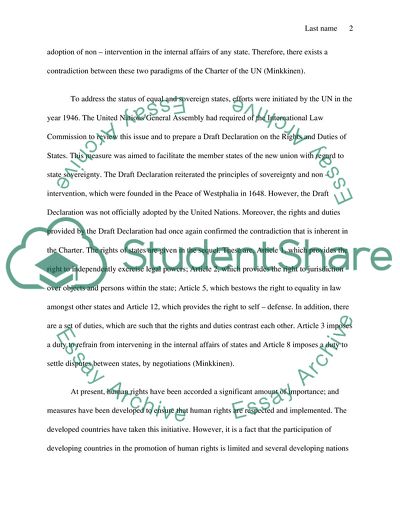Cite this document
(Humanitarian Intervention Essay Example | Topics and Well Written Essays - 1250 words, n.d.)
Humanitarian Intervention Essay Example | Topics and Well Written Essays - 1250 words. https://studentshare.org/politics/1714040-humanitarian-intervention
Humanitarian Intervention Essay Example | Topics and Well Written Essays - 1250 words. https://studentshare.org/politics/1714040-humanitarian-intervention
(Humanitarian Intervention Essay Example | Topics and Well Written Essays - 1250 Words)
Humanitarian Intervention Essay Example | Topics and Well Written Essays - 1250 Words. https://studentshare.org/politics/1714040-humanitarian-intervention.
Humanitarian Intervention Essay Example | Topics and Well Written Essays - 1250 Words. https://studentshare.org/politics/1714040-humanitarian-intervention.
“Humanitarian Intervention Essay Example | Topics and Well Written Essays - 1250 Words”. https://studentshare.org/politics/1714040-humanitarian-intervention.


